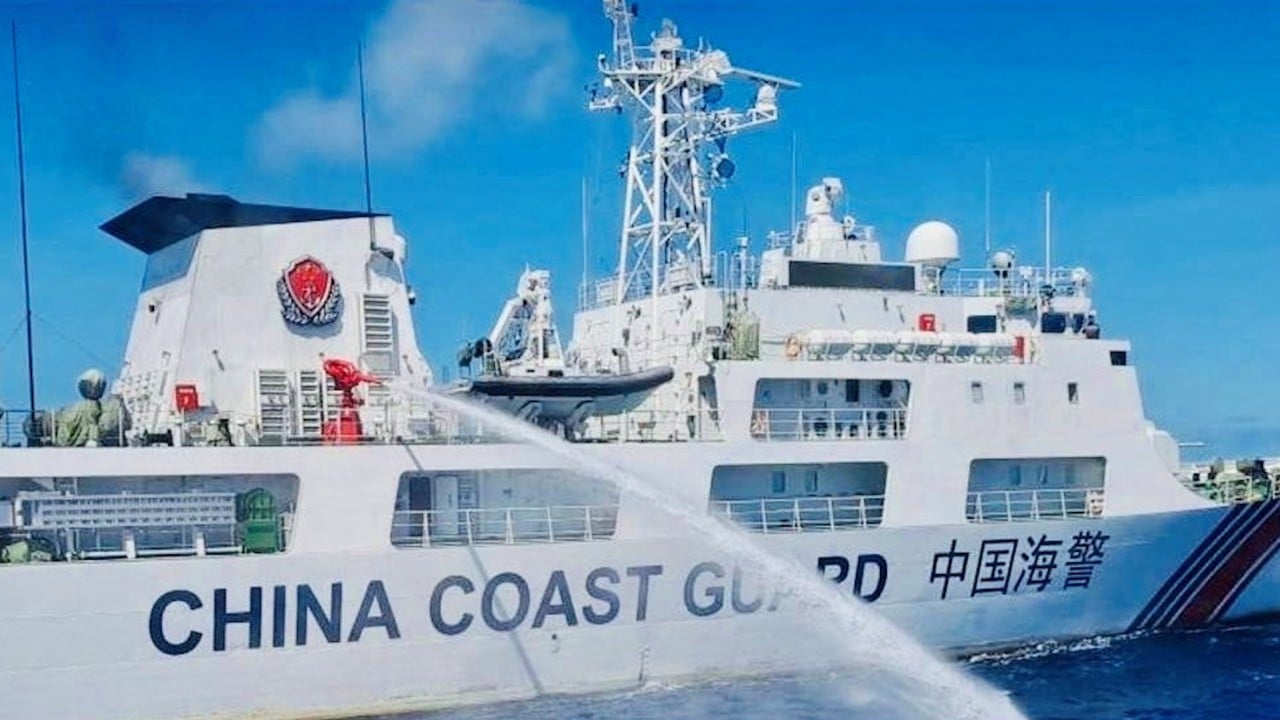
Will China be ‘offended’ by Asean openly backing heightened US security presence in the region? Not really
- Southeast Asian countries privately prefer expanded Western military footprint in the region and are hesitant to publicly air their views to avoid ruffling Beijing’s feathers
- But even if they let their thoughts out in the open, China’s reaction is likely to be less harsh as it understands the rationale behind Asean’s hedging strategy
Southeast Asian countries are increasingly opting to toe the let us not offend China line by not stating what in the open what they feel in private. That was the impression I got during my recent conversations with analysts on two separate topics.
This is done so as to “ensure that China is not offended”, he said, but noted that privately, these same countries welcome Nato, Washington and other multilateral institutions’ involvement in the region.
But behind closed doors, the analyst said that regional elites understand and even support Japan’s more muscular policies towards China, given their experience with Beijing’s maritime expansion.
Philippines needs new trade deals to pivot away from China, lawmakers urge
This is done arguably not to jeopardise Manila’s US$87.725 billion bilateral trade with China last year.
But under Bangkok’s “bamboo diplomacy” – which called for a careful balancing between greater powers – the kingdom also held a joint air combat exercise (Falcon Strike 2023) with China last month.
Arthayudh Srisamoot’s comments were surely welcomed in Beijing at a time when Italy has indicated its desire to leave the global initiative aimed at building infrastructure and connectivity, describing its plan to join the scheme as an “atrocious” decision.
The reason: it did not want to antagonise China as the elevated alliance includes increased defence cooperation and American weapons supplies. Nor does Hanoi want to be openly seen as being part of the US strategy designed to counter Beijing.
But the question is, will China necessarily be “offended”?
As a shrewd major force in Asia, Beijing clearly understands the concerns of regional countries who undertake a balancing act between the superpowers.
‘Clearly a concern’: Japan’s hardening China stance sparks regional unease
China cannot not see through the hedging strategies of these Southeast Asian countries, and is aware that for the sake of continued goodwill and economic opportunities, these states have chosen not to say in open how they feel in private.
As Chinese scholars Zhu Lubin and Huang Haibin wrote in the Journal of Qiqihar University in 2021, while Hanoi looks to Beijing for economic benefits, it also “seeks to prevent a rising China from posing security threats and hopes to obtain further military support from the US.”
Of course, this is not to say that Southeast Asian countries should openly declare that they welcome the greater involvement of other powers in the region to counter Chinese influence.

Asian reticence and decorum would not have allowed that, not to mention the anxiety about rocking the economic boat, especially for the smaller nations that are more dependent on China such as Laos and Cambodia.
But even if they had openly stated what they feel in private, I am doubtful that Beijing would have been offended.
While there might be an immediate short-term diplomatic price to pay for voicing views that Beijing finds unpalatable, I am certain that for its own strategic and economic interests, China would continue to engage its neighbourhood economically, diplomatically and militarily in the longer term.


